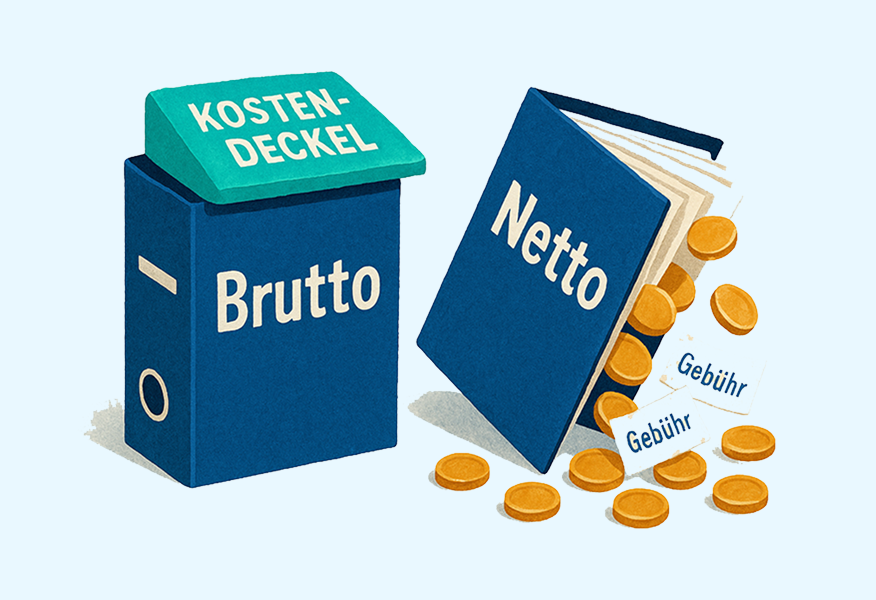Retirement at 70 – A symptom of a broken pension system?
The debate about retirement at 70 is causing a stir. Hardly any other topic touches the everyday reality of millions of people as much. After all, it’s not just about working a few years longer – it’s about a fundamental question: How fair and stable is our pension system in Germany?
Retirement at 70: What does that mean for employees?
A higher retirement age in Germany does not automatically mean more security in old age. On the contrary:
- Physically demanding jobs: Anyone who has worked in construction, care, or manufacturing for 40 years simply won’t be able to at 70.
- Health risks: Many experience their retirement for only a few years anyway – if at all. A later start drastically shrinks time in retirement.
- Labour market question: Even today, people over 55 have difficulty finding a job. Will companies really hire 68-year-olds? Or will the number increase of those who pay in for decades and end up empty-handed?
So the key question is: Will we work longer—or will we ultimately have to forego our pensions altogether?
A pension system in crisis: An unstable model by design
The statutory pension is based on a pay-as-you-go system: today’s employees finance today’s retirees. But with demographic change – fewer contributors, more retirees – the system is coming under massive pressure.
That raises bitter questions:
- Is it fair to pay contributions for decades only to end up with little more than the basic safety net?
- Does “retirement at 70” amount to a hidden pension cut because many simply can’t work – or live – that long?
- And why do the healthy and higher earners tend to benefit in the end, while low earners struggle with old-age poverty?
In short: Germany’s pension system is in crisis – and the debate about retirement at 70 is just a symptom.
Pension comparison: What Germany can learn from other countries
Other countries show that it can be more stable:
- France: Even the planned increase in the retirement age from 62 to 64 led to mass protests – a sign of how explosive the issue is.
- Denmark: Flexible retirement age linked to life expectancy. At the same time, there is a state basic pension and mandatory occupational pensions. Employers contribute – often even more than employees. Old-age poverty is rare.
- Switzerland: The three-pillar system combines a state basic pension, occupational provision, and private savings. Risks are better spread – more stable and predictable for everyone.
The lesson: One-sided dependence on the state makes you vulnerable. More pillars mean more security.
Preventing old-age poverty: The role of company pension schemes
If we don’t want “retirement at 70” to become reality, we need alternatives. Company pension (bAV) are one of the strongest levers to close the pension gap:
- Employer contributions & tax advantages: Every euro is amplified – employees benefit directly.
- Fair responsibility: Provision becomes a fair joint project between employers and employees.
- Competitive edge for companies: Those who offer an occupational pension strengthen their attractiveness in the competition for skilled workers and retain employees long-term.
This way, companies can actively help prevent old-age poverty – and provide financial security for their employees.
Where Degura comes in
This is exactly where Degura comes in: With our digital platform, we make occupational pensions simple, transparent, and secure – for HR teams and employees.
- Automated & legally compliant: From onboarding to reporting.
- Seamlessly integrated: Interfaces to all common HR systems.
- Effective: Higher uptake and real relief for employees.
Because in the end, it’s not about making people work longer – it’s about ensuring they can truly experience and enjoy their well-earned retirement.
Conclusion: Retirement at 70 is not a solution
The debate about retirement at 70 shows: Germany’s pension system needs alternatives. Instead of shifting the problem onto individuals, we need smart, fair solutions – like occupational pensions.
With Degura, companies can implement digital pension provision easily – bringing a measure of security to an unstable system.






